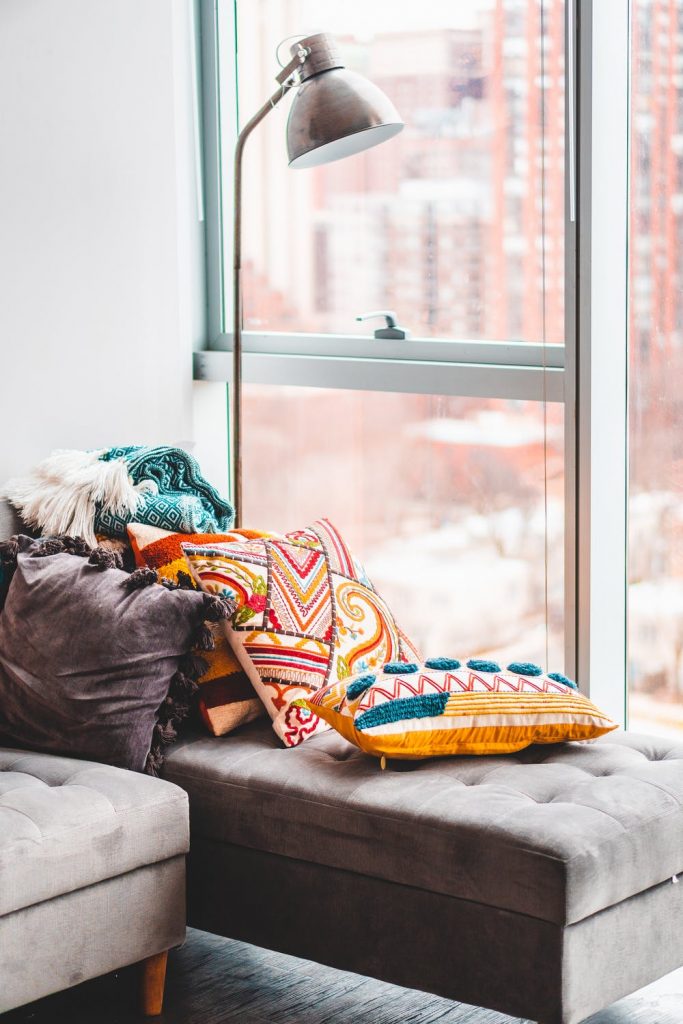Finding your dream home is always an exciting and moving experience. It’s something we all hope to do one day. But once you get started with the actual search, you might find that the process of finding one is anything but “dreamy”.
The quest to find your dream house can be a long and tiring one, and it always requires a lot of legwork, patience, and time. But the end result is worth it.
If you’ve finally been able to set aside a budget to purchase your dream home but don’t know where to start, then don’t worry! This post was written with people like you in mind.
Keep on reading to find a list of some useful ideas to help you find your dream home for your budget.
Let’s get right into it!

Know What You Can Afford
Your hunt for the perfect home can never start on the right foot without a solid awareness of your finances and an understanding of what your budget looks like.
So the first step is to get your finances in order. Start looking at your credit reports in detail and try to determine what your financial situation is like.
Reviewing your finances may reveal problems with how you currently manage them (for example, unnecessary spending), which will need fixing before you can move forward with your house hunt.
Once you are more clear on your maximum budget, you can start searching for suitable homes near that range.
Before moving ahead, be sure to have enough money to cover essential costs such as down payments and closing costs.
Talking about finances, one trick to owning your house quicker is to set up an offset account, which is really just an average bank account that’s linked to your home loan.
This helps lower the interest on your home loan and you can calculate how much you can save on interest using an offset calculator like this one.
List Your Priorities
When searching for your dream house, knowing what things matter to you the most is vital.
Creating a list of high and low-priority things you want will make narrowing choices during your house hunt much easier because you know the things you absolutely need and those you can live without.
Always remember, there’s a difference between “must-haves” and “should-haves”.
If you have a decent budget, you should consider building a new house from the ground up to help you get exactly what you desire.
This is because finding an existing house with everything on your priority list is often difficult. You most likely will have to compromise on a few things and will have to settle for a house that’s closest to your “dream” abode.
Here’s how you can finance building a home.
Look Past Minor Flaws
As mentioned previously, knowing what matters the most to you makes it a lot easier to see past other less important things or “superficial flaws” that you can fix later on.
During your house hunt, you are likely to come across many homes that have a few flaws you don’t like. What you should realize is that a few minor fixable flaws shouldn’t be considered deal-breakers, especially if you’re getting a good price.
Instead of paying a ridiculous price for that “perfect place”, buying a cheaper house that can be improved with minor fixes, later on, is a smarter move.
This is because buying a “fixer-upper” often allows you to get the most value for your dollar, especially if you do most of the repairs and maintenance yourself.
Remember, you are essentially only looking for a well-constructed house with enough space for your needs, most of your “must-haves”, and a good price. Fancier additions can always be added later.
For example, here are 6 cheap ways to update your living room. You’ll find similar ideas for all aspects of your house on the internet!
So never let something as temporary and minor as paint color or curb appeal influence your decision too heavily.
Consider Opting for an Older Home if You Have a Tight Budget
If your budget is not very flexible, buying an older home could be a very practical option for you.
Even if a house requires some modernization, you will have much more money left to spare if you can purchase it without spending a big chunk of your total budget. The money saved can then be used to turn the property into your “dream” home.
Buying an older house can also allow you to own a significantly bigger property on the same budget if you broaden your search.
Balance Dreams and Location
Everyone dreams of owning a house in the swankiest locality, but your budget may not allow you that luxury.
You are bound to face the “price vs location” dilemma at some point during your house hunt. But remember, for the same price, you can either buy a simple, bland house in a high-end locality or you can buy a house that fills most of your requirements in a cheaper part of the town.
You might be too quick to judge a locality and this mistake can cost you your dream home. Instead, try visiting an area in person to get a more accurate idea of how life goes on there. You can also ask family or friends who live in the vicinity or close to it to give you a better idea of what living there is really like.
Take transportation systems and the availability of basic amenities into consideration when choosing a location but allow yourself to be a bit flexible.
Finally, you should also consider purchasing your house in a transitional neighborhood if possible.
This is because buying a house in a transitional area is relatively cheaper and can allow you to build up some equity.
If you’ve successfully found a house in a part of town that is on the upswing, you can secure yourself a ton of potential wealth in the near future.
The locality might be a bit rough around the edges at present. But in a few years time, you may very well find yourself sitting right at the center of a new trendy area where property prices have increased exponentially!






